Commercial window films serve various purposes, including enhancing energy efficiency, improving security, providing privacy, and reducing glare. There are several types of commercial window films available, each designed for specific applications. Here are some common types:
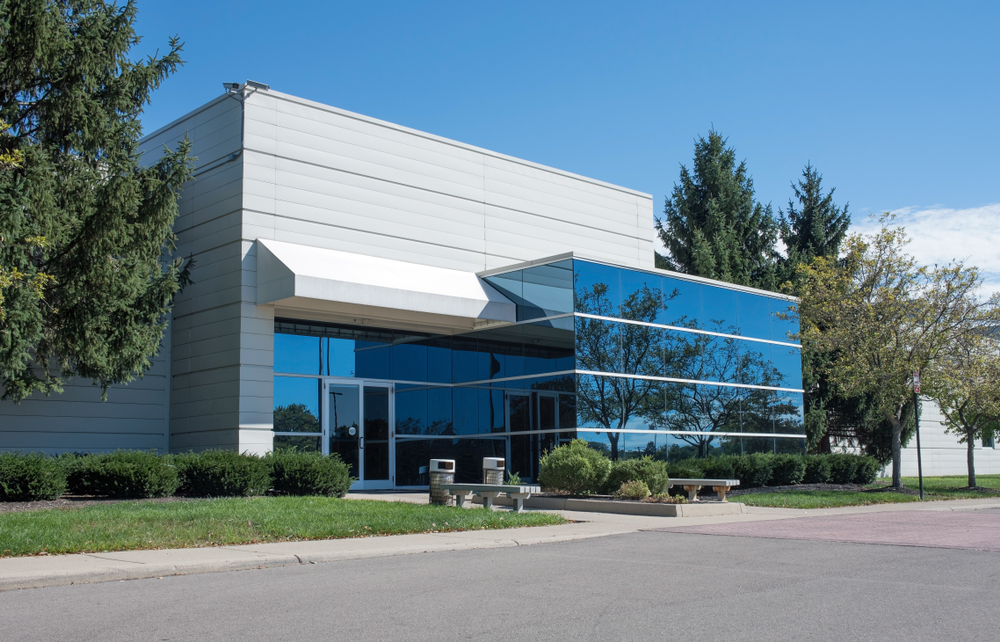
1. Solar Control Window Film
- Reflective Films: These films reflect a portion of the solar energy, reducing heat and glare.
- Non-Reflective Films: Designed to absorb solar heat without significant reflection, providing a more natural appearance.
2. Security Window Film
- Safety Films: These films are designed to hold glass together upon impact, reducing the risk of injury from shattered glass.
- Anti-Graffiti Films: Protect windows from vandalism by providing a sacrificial layer that can be easily replaced.
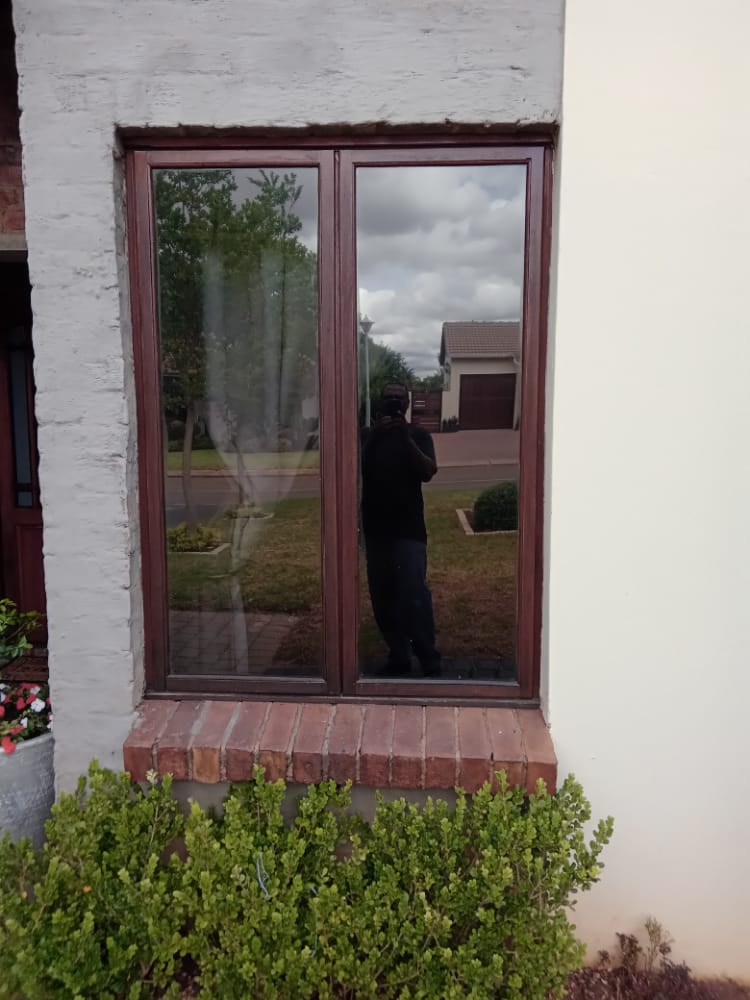
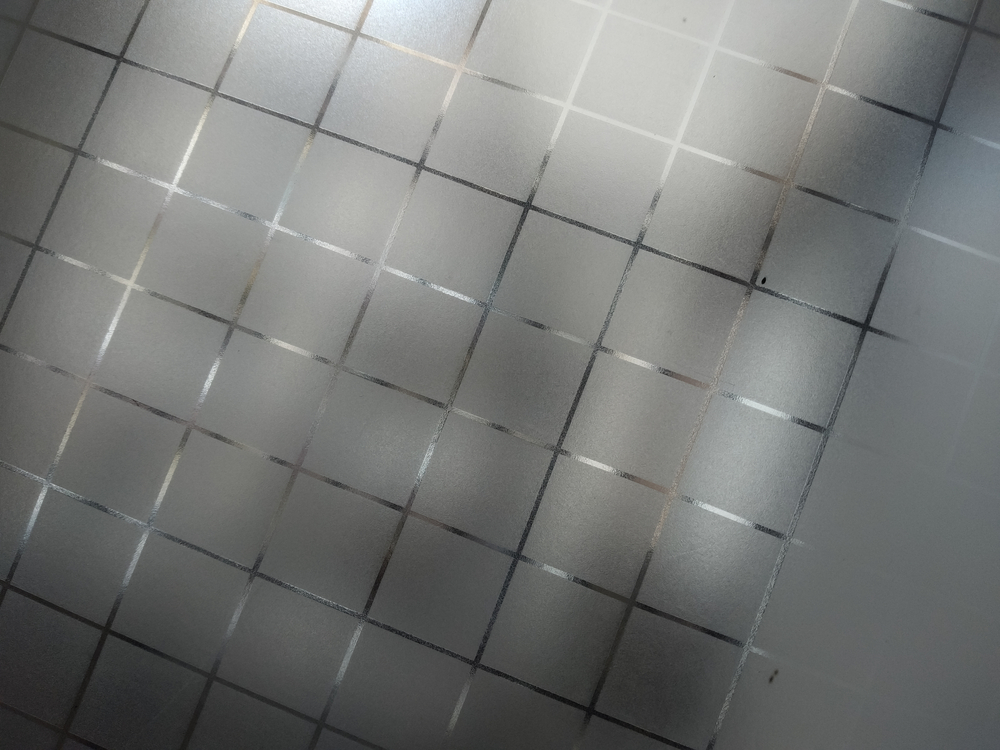
3. Privacy Window Film
- Frosted Films: Create a frosted or etched glass appearance to enhance privacy.
- One-way Mirror Films: Provide daytime privacy by allowing one-way visibility.
4. Decorative Window Film
- Patterned Films: Offer various patterns and designs to enhance aesthetics.
- Coloured Films: Add a splash of colour to windows for decorative purposes.
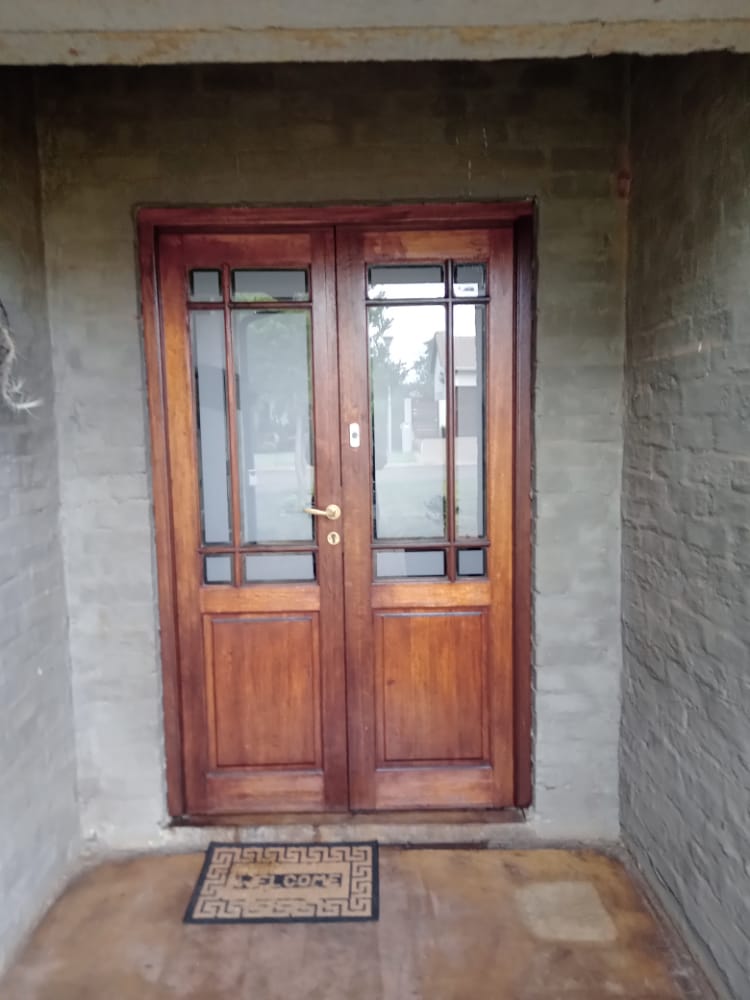
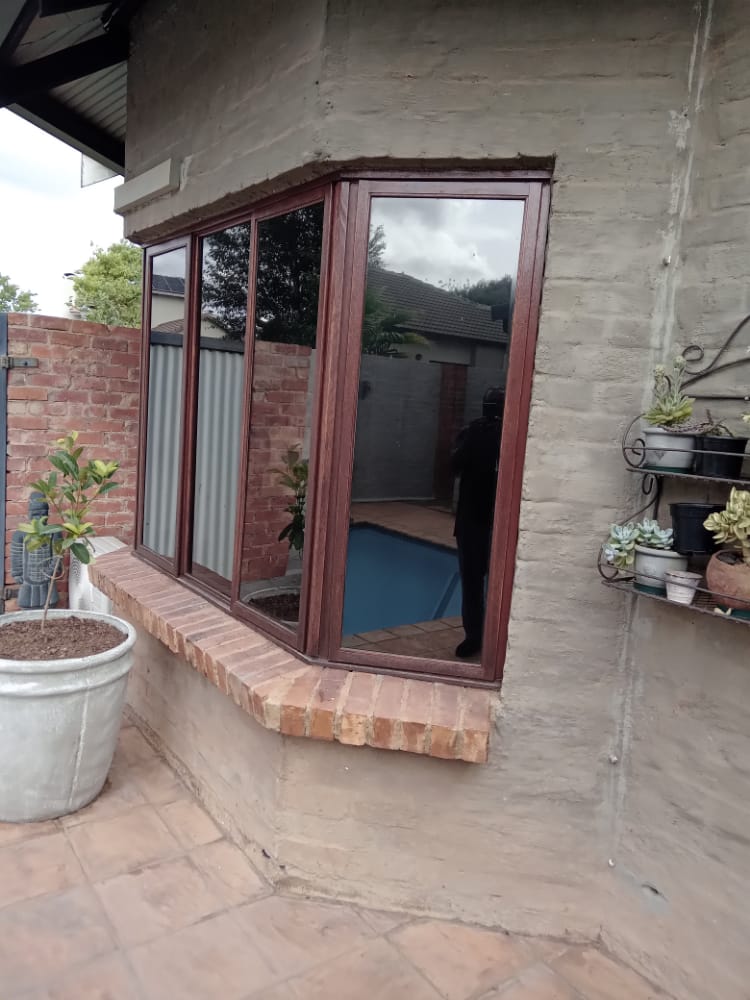
5. Low-E (Low Emissivity) Window Film
- Improves insulation by reducing heat transfer through windows, enhancing energy efficiency.
6. Anti-Glare Window Film
- Reduces glare from sunlight or artificial light sources, making it more comfortable to work or live indoors.
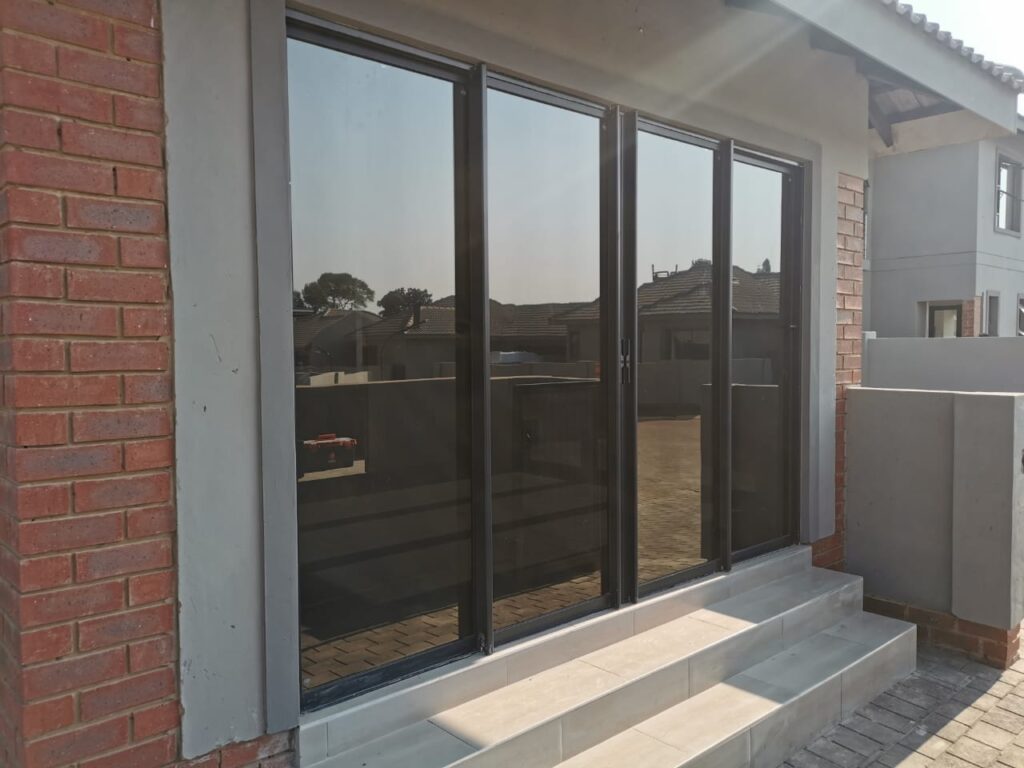
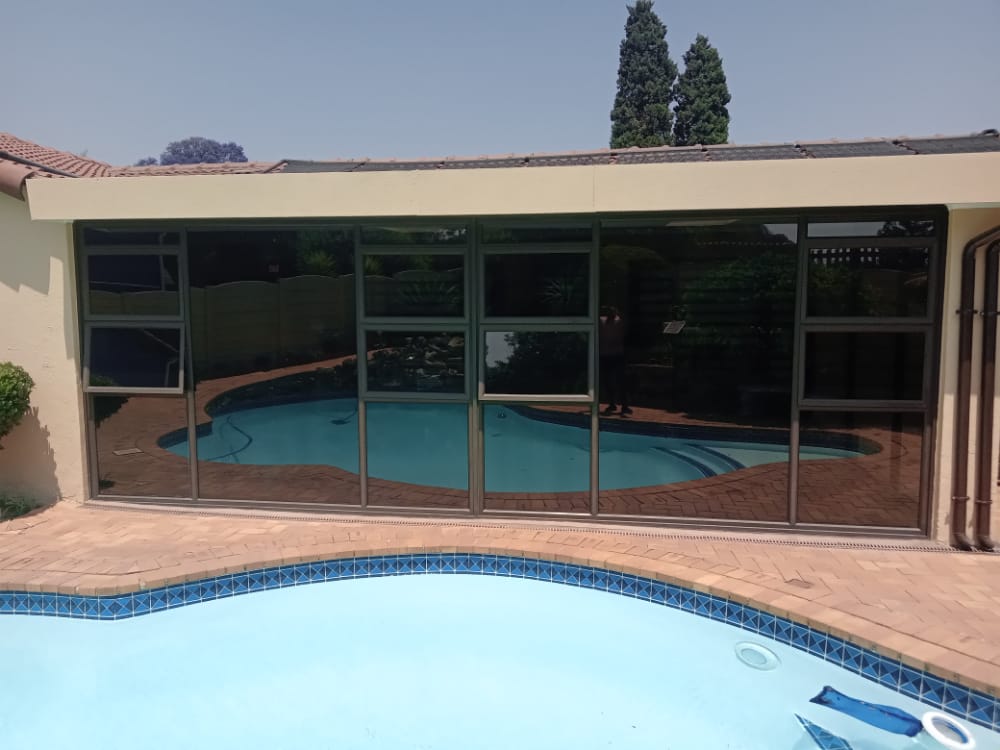
7. UV-Blocking Window Film
- Protects against harmful ultraviolet (UV) rays, preventing fading of interior furnishings and reducing the risk of skin damage.
8. Smart Window Film
- Electronically tintable films that can be adjusted to control the amount of light and heat entering a space.
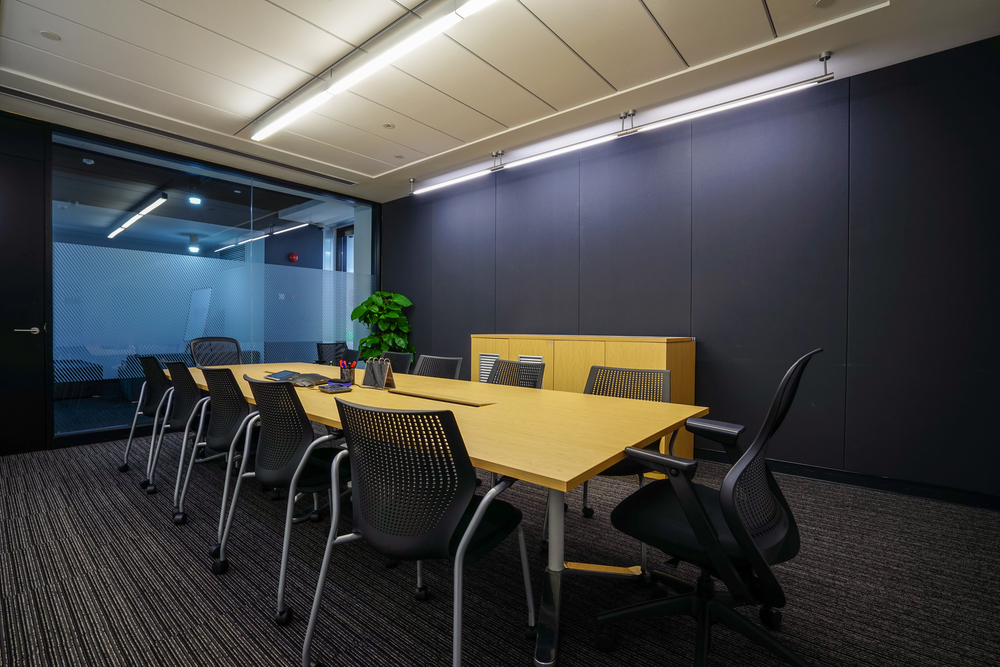
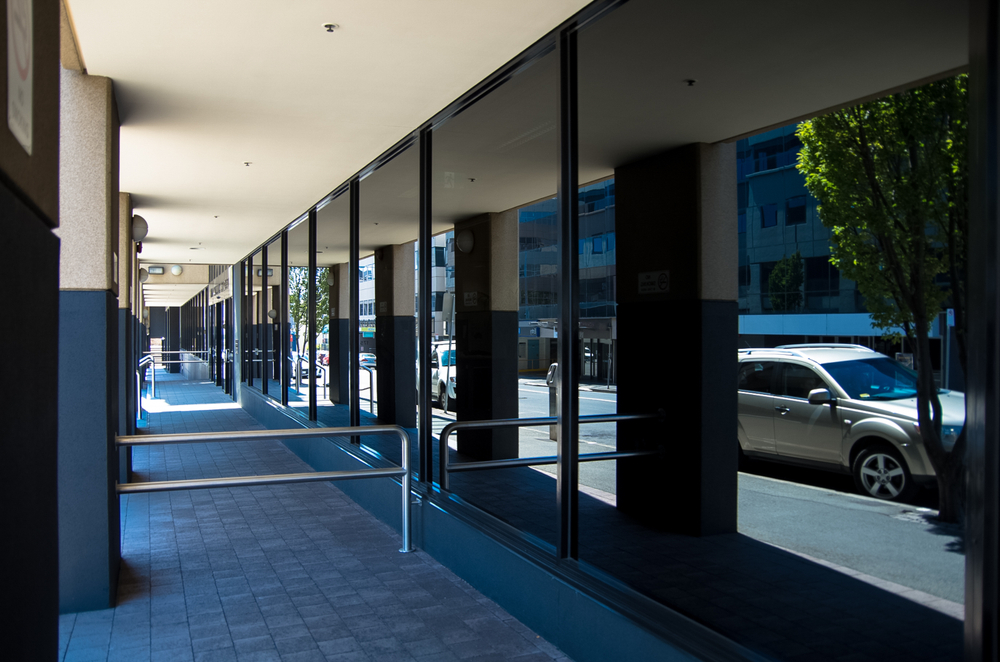
9. Energy-Saving Window Film
- Designed to improve insulation, reduce heat gain, and enhance overall energy efficiency.
10. Dual-Reflective Window Film
- Combines both reflective and non-reflective properties for a balance of solar control and visibility.
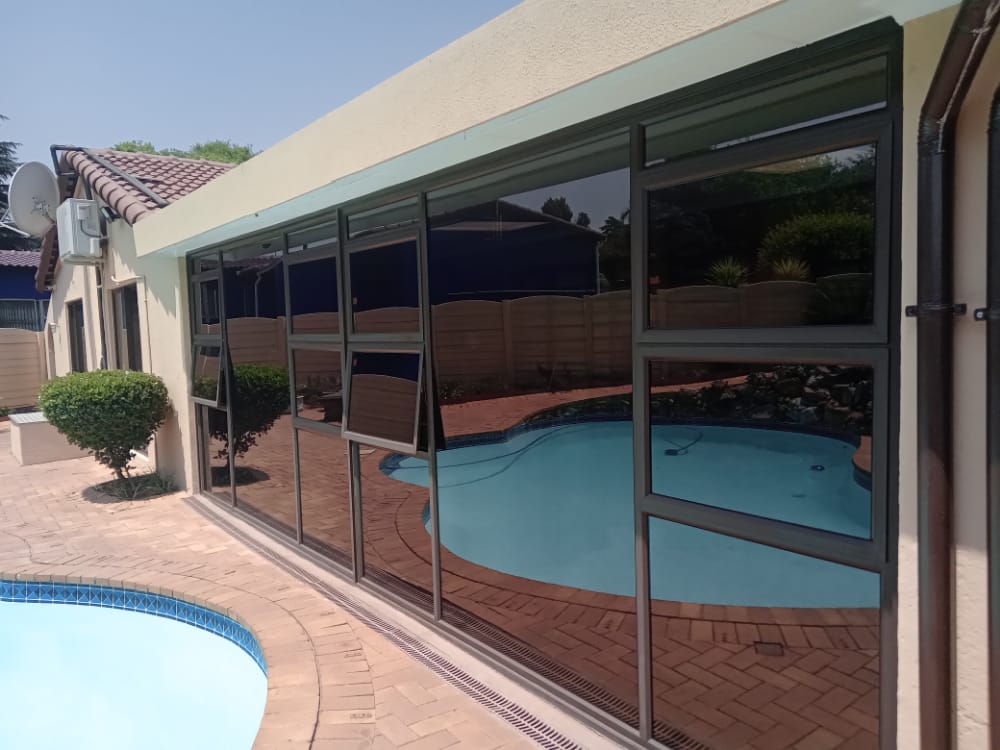
It’s essential to choose the right type of commercial window film based on the specific needs and goals of the building or space. Professional consultation can help determine the most suitable film for a particular application.
